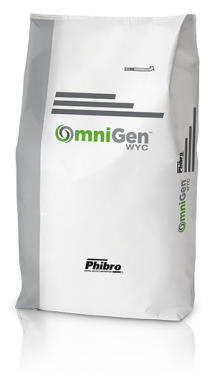The Link Between Immunosuppression and HBS
Where are the stressors affecting cows on your dairy?
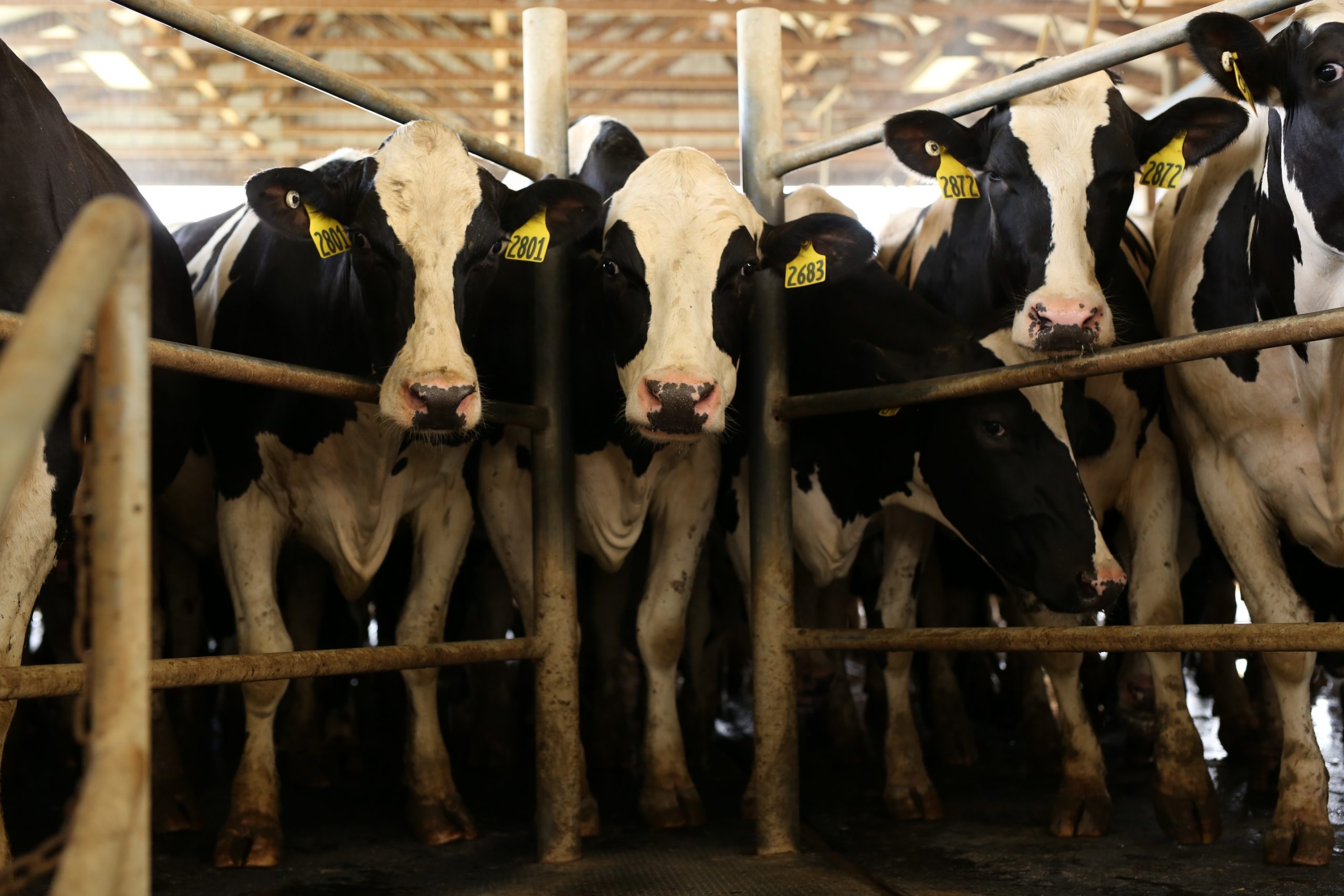
Humans aren’t unique in our physiologic responses to stress. Stress takes a toll on other animals, including dairy cows. Unavoidable stressful events like dry-off and calving to management and environmental-related stressors such as limited bunk space, over-crowding, transportation and heat are common stressors experienced by dairy cows. The cumulative effects of these stressors can have a negative impact on the cow’s immune system — and leave the cow more susceptible to infectious or contagious diseases or a sporadic acute condition like hemorrhagic bowel syndrome (HBS).
“When an animal experiences or perceives a stress, the event triggers a neurological response causing the pituitary gland in the brain to release adrenocorticotrophic hormone (ACTH). This stimulates the adrenal gland to secrete cortisol, the hormone associated with a stress response,” explains James Chapman, Ph.D. Senior Research Leader, Phibro Animal Health Corporation. “Although a necessary component for resolving the effects of stress, cortisol, while present, will inhibit the ability of immune cells to function normally, creating opportunities for a pathogen or an invasive mold, such as Aspergillus fumigatus, to gain entry and become infectious.”
Aspergillus fumigatus (AF) is an invasive pathogenic mold suspected as being the primary agent associated with HBS. Once AF enters the circulatory system and becomes resident in the animal’s tissue, such as in the intestine, the toxins secreted by the mold inhibit the immune system’s ability to recognize, kill and remove the mold.
Immune competency is affected by stress. Temporary immune dysfunction may be experienced in cows under stress, further limiting the ability of the immune system to eliminate the mold before it can become active and infect tissues.
Ensiled forages and some feed ingredients typically used in dairy cow diets can be potential sources of AF. Assays for detecting AF in feeds and the blood of dairy cows are available to help the producer assess herd-level exposure to the mold and the risk for HBS.
Currently there is not a solution on the market to cure or treat HBS, however, feeding OmniGen® nutritional specialty products have been shown to improve immune health by ameliorating the effects of cortisol, the stress hormone, on the immune system. This action helps to keep the immune system healthy and more able to respond to infectious agents like AF during times of stress.
In addition to feeding OmniGen, Dr. Chapman recommends that producers identify areas or practices on their dairy operation that can be potential stressors to cows and work to limit them.
The Phibro Dairy Stress Assessment tool was designed to help producers do just that. Using this program, Phibro dairy experts work with producers to survey and identify potential stress points on the dairy that could not only affect immunity and leave cows more susceptible to HBS, but might also predispose them to mastitis, increased days open and heat stress.
OG320722GLB ©2022 Phibro Animal Health Corporation. Phibro, Phibro logo design, Healthy Animals. Healthy Food. Healthy World. and OmniGen are trademarks owned by or licensed to Phibro Animal Health Corporation or its affiliates.
Dairy Cattle Products
How Feeding OmniGen® Can Bolster Your Dairy Cattle’s Immune System to Better Defend Against Challenges.





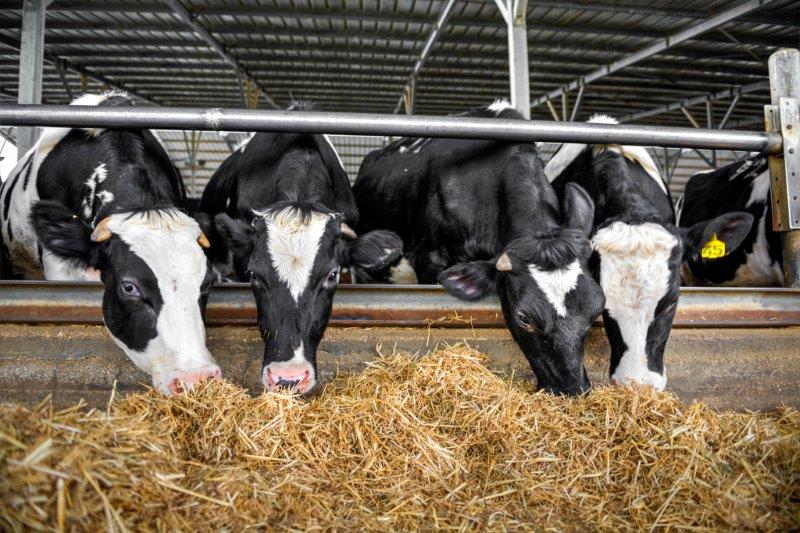
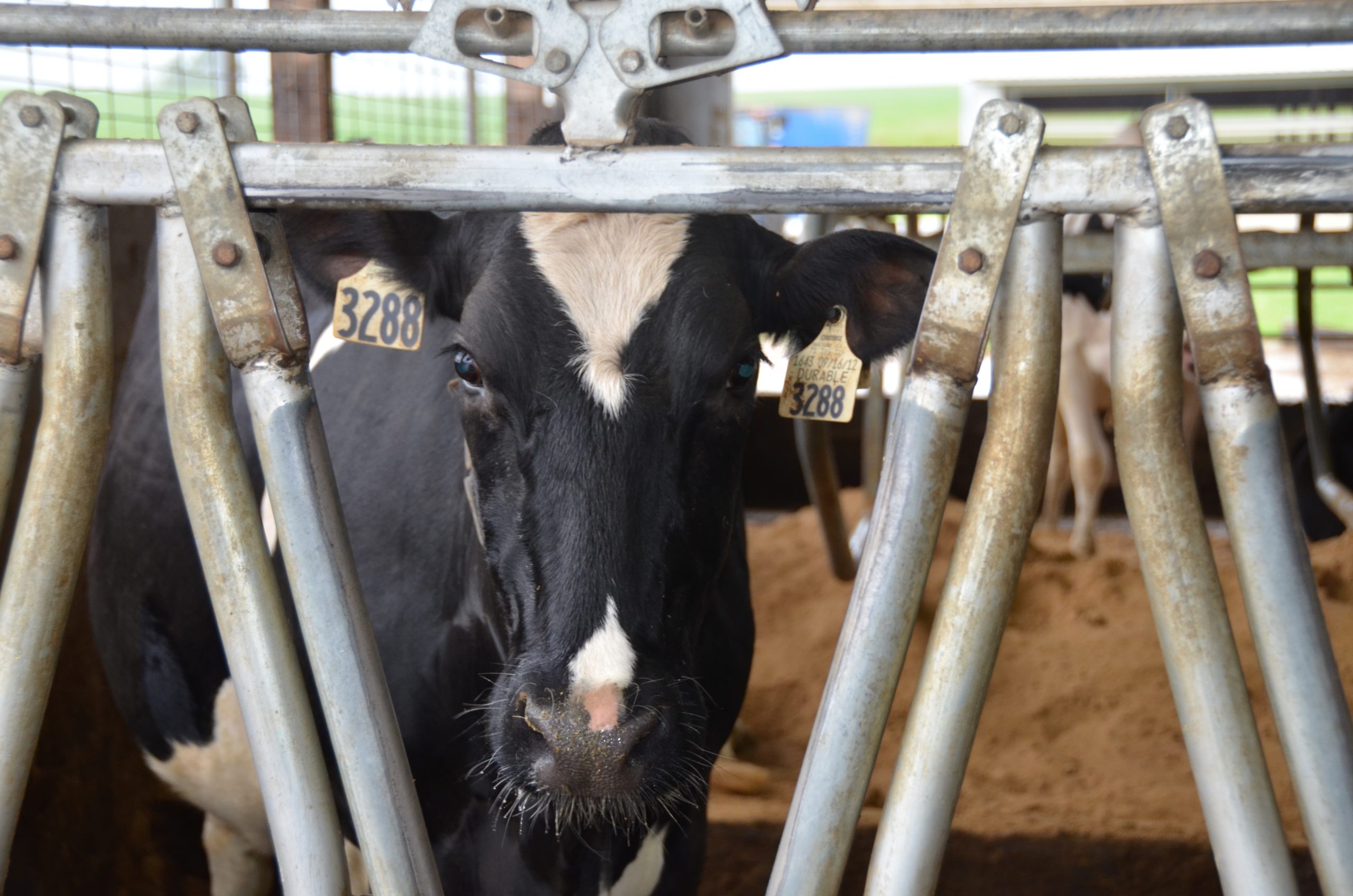
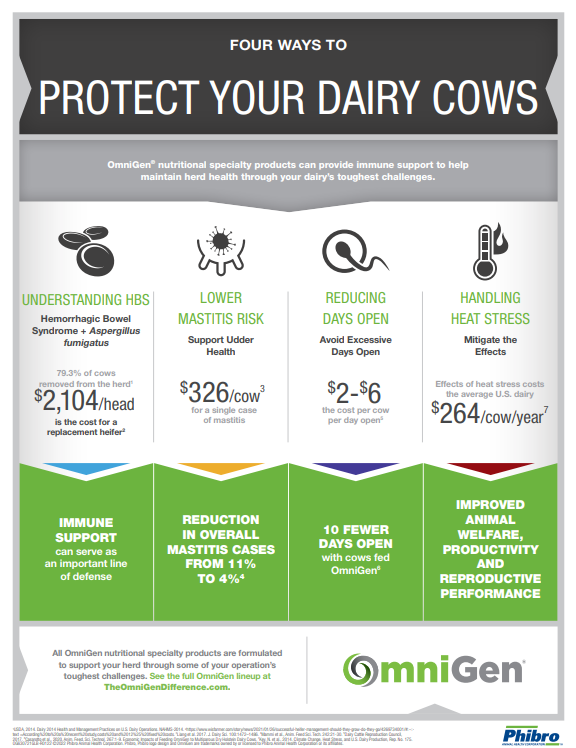
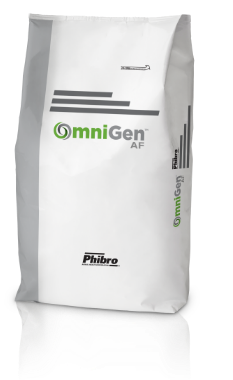
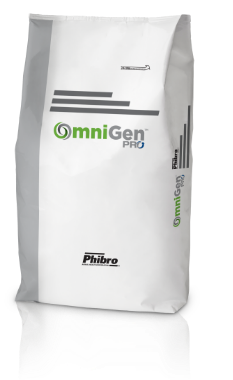
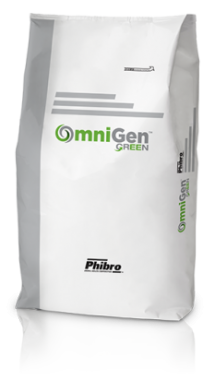
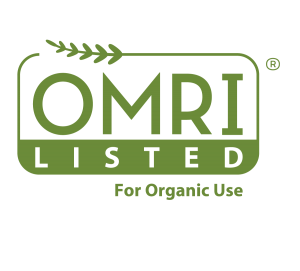 OmniGen Green is Organic Material Review Institute (OMRI) listed.
OmniGen Green is Organic Material Review Institute (OMRI) listed.